

That’s What Friends Are For
by PNI Experts
By David Merrill MD, PhD & Karen Miller, PhD
The Vital Role of Social Health in Aging: Enhancing Wellness and Longevity
There are special days in the year allocated to acknowledging friendship: National Best Friends day (June 8, 2024) and National Friendship day (August 4, 2024). Friendship and socialization are important all year round so dive in to learn more about how vital friends are.
Social Health

Social health plays a vital role in promoting overall wellness and longevity, especially for older adults. While physical health factors such as exercise, nutrition, and sleep are often highlighted, the importance of social connections is increasingly recognized as a key determinant for long-term wellness. Strong social connections provide support, comfort, and a sense of belonging, all of which help alleviate stress and improve mental health.
The Impact of Social Connections
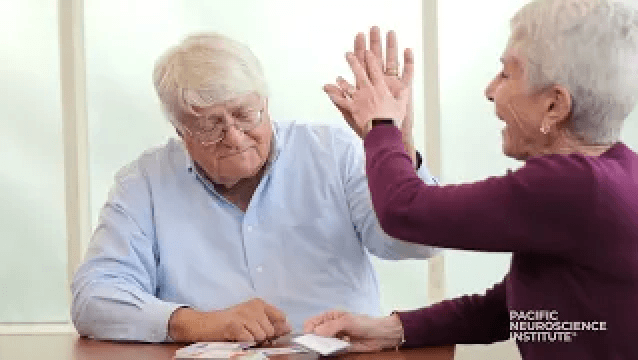
The benefits of meaningful social connections extend beyond emotional support. They encourage opportunities to enhance self-esteem and improve physical health. Unfortunately, aging populations currently face a public health crisis: the loneliness epidemic. Physical limitations, diminishing social relationships, and a lack of access to technology contribute to a heightened prevalence of social isolation among older adults.
Social health describes our ability to form and maintain meaningful relationships within our communities and adapt to new social situations. Strengthening these abilities leads to elevated brain health, mental wellness, and longevity.
Key characteristics of social health include:
- Meaningful and positive relationships
- Healthy communication skills
- Empathy and compassion
- Adaptability
- And a robust social support network
Social Determinants of Wellness
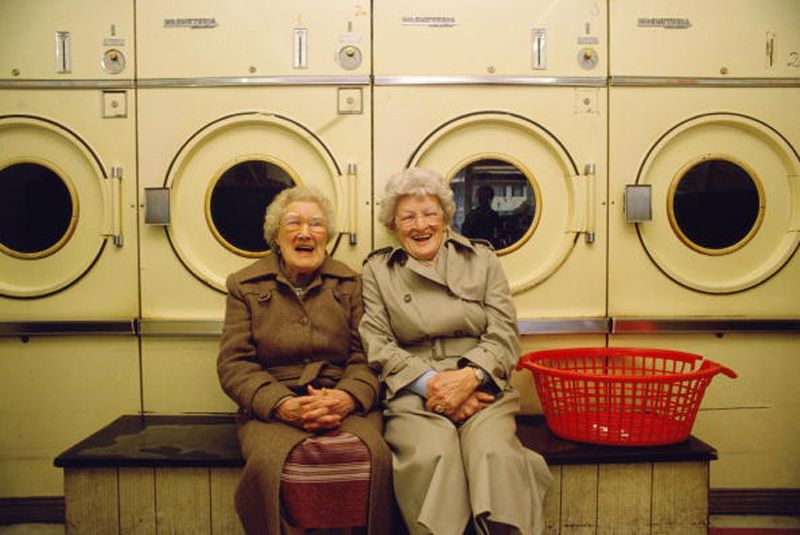
The impact of social health has been extensively studied and documented by social and behavioral sciences. Scientific evidence reveals that social isolation in the older adult population is linked to a 50% increased risk of dementia and a 26% increased risk of all-cause mortality. Conversely, strong social networks are associated with reduced levels of stress, improved mood, and a decreased risk of cognitive decline or dementia. A study from the Journals of Gerontology revealed that social engagement activates neural circuits and preserves brain volume in aging adults.
Strategies for Improving Social Health
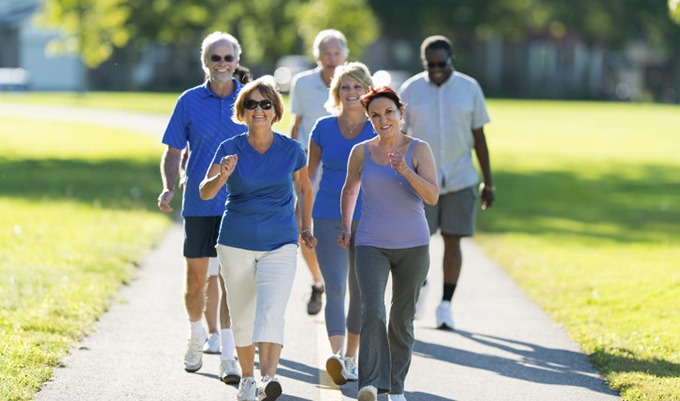
Optimizing social engagement is a key factor for maintaining physical and mental health, as well as supporting longevity. Here are four specific strategies for improving social wellness:
- Maintain Positive Relationships: Strengthen existing relationships with family and friends through regular communication (in-person or online) and shared activities such as art or yoga classes.
- Engage in Community Activities: Participate in community events, clubs, and volunteer opportunities to expand social networks, stay active, and meet new people with similar interests.
- Develop Kind Communication and Conflict Resolution Skills: Effective communication and conflict resolution skills are critical for maintaining positive relationships and resolving conflicts that may arise. Individuals may attend workshops or seek therapy to improve these skills.
- Seek Support from Friends, Family, and Professionals: Having a supportive network is especially important for older adults, who may face unique challenges as they age. Professional guidance, such as brain health education from programs like the Pacific Neuroscience Institute’s Lifestyle Program, can be helpful in addressing social health issues and improving relationships.
The Role of Social Health in Preventing Cognitive Decline
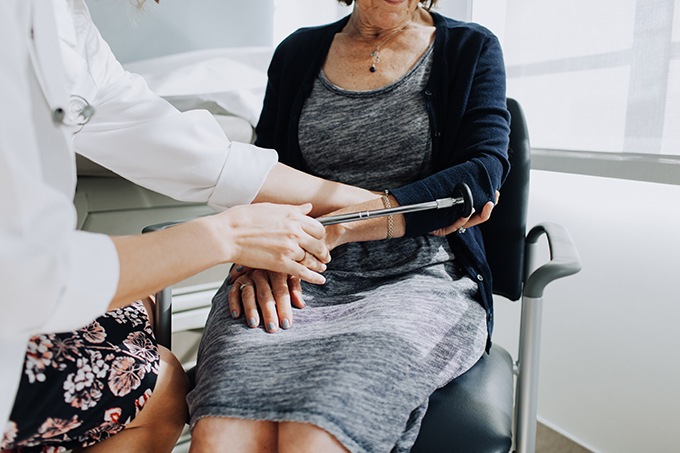
Memory function with aging is affected by general physical health, including factors like blood pressure, blood sugar, hormone status, nutritional status, and inflammation. These factors can drive memory loss, but with early identification and correction, it may be possible to stabilize brain function over time.
The World Health Organization (WHO) estimates that there are approximately 55 million people worldwide living with dementia. In May 2019, the WHO released a new set of guidelines with detailed recommendations on how to reduce dementia risk. These include regular physical activity, a healthy well-balanced diet, avoiding smoking and excessive drinking, and staying socially active.
It’s never too early or too late to start practicing these healthy lifestyle habits. In our practice as an adult and geriatric psychiatrist, I see that social isolation can be a major driver of anxiety and depression. While the direct correlation to dementia is less clear, experience suggests that social withdrawal and loneliness can hasten cognitive decline and dementia.
The Benefits of Friendships

Friendships play a crucial role in coping with stress and maintaining overall health. Prolonged loneliness can be toxic, associated with a greater risk of cardiovascular disease, dementia, stroke, depression, anxiety, and premature death, according to the 2023 Surgeon General’s report. Maintaining close relationships is one of the best ways to cope with stressful situations, such as was the case with the recent coronavirus pandemic.
Here are some tips for maintaining and nurturing friendships:
- Laugh Together: Humor releases feel-good chemicals in the brain called endorphins, which support the formation and maintenance of social bonds.
- Schedule Regular Check-Ins: Regular communication helps maintain relationships and provides something to look forward to.
- Do Video Calls: If in-person visits are not possible, visual and auditory interaction through video calls is more effective for bonding and relieving stress than texting alone.
- Make Friendship a Priority: Finding meaningful ways to connect with friends, even when meeting in person is not possible, is essential.
- Open Up and Listen: Deep friendships require psychological intimacy, which involves sharing fears, worries, and feelings. Listening without trying to solve problems can be very supportive.
- Join Online Clubs: If in-person clubs are not an option, engaging in online groups related to hobbies or interests can help find new friends and grow existing friendships.
- Offer Specific Help: Suggest specific ways to help friends rather than waiting for them to ask.
- Show Gratitude: Let friends know how grateful you are for them, which nurtures and strengthens the relationship.
- Host In-Person or Virtual Gatherings: Virtual happy hours or movie nights can keep friend groups connected during times of physical separation.
- Express Love: Remind loved ones that they are valued and loved, using creative methods like snail-mail cards, video messages, or phone calls.
In Summary
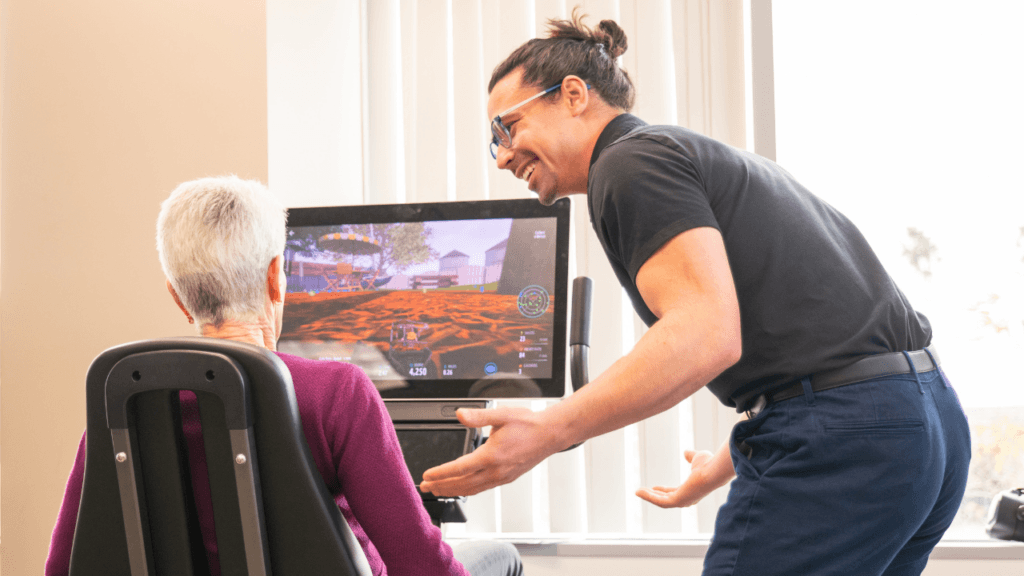
Investing in social health is essential for personal well-being and collective success. By building and maintaining positive relationships, engaging in community activities, and seeking support, we can create a supportive network that enhances our well-being and provides the resources to thrive.
Programs like the Pacific Neuroscience Institute®’s Brain Wellness & Lifestyle program offer research-backed education and training to help individuals strengthen their social health and overall wellness. Prioritizing social health can lead to increased longevity, meaningful relationships, and a happier, more fulfilling life.
If you need any further information, please let us know!
Enrolling in the Brain Wellness & Lifestyle Program
Brain Wellness & Lifestyle program virtual and in-person, individual and group sessions are available. To learn more about participation, contact us: lifestyle@pacificneuro.org | 213-344-2037
About Dr. David Merrill

David A. Merrill, MD, PhD, is an adult and geriatric psychiatrist with double-board certification by the American Board of Psychiatry and Neurology. He is director of the Pacific Brain Health Center at Pacific Neuroscience Institute. Dr. Merrill has worked for several decades with patients suffering the behavioral health sequelae of age-related neurodegenerative disorders such as Alzheimer’s disease and Parkinson’s disorder.
About Dr. Karen Miller

Karen Miller, PhD, is senior director of the Brain Wellness & Lifestyle program at Pacific Neuroscience Institute®, and is a leading national expert in the area of Memory/Cognitive Training. With more than three decades of experience in the field of aging and memory as a geropsychologist and clinical neuropsychologist, she develops and directs the implementation of lifestyle intervention programs aimed at providing a roadmap to brain wellness.
Useful Links
About the Author
PNI Experts
Last updated: June 7th, 2024